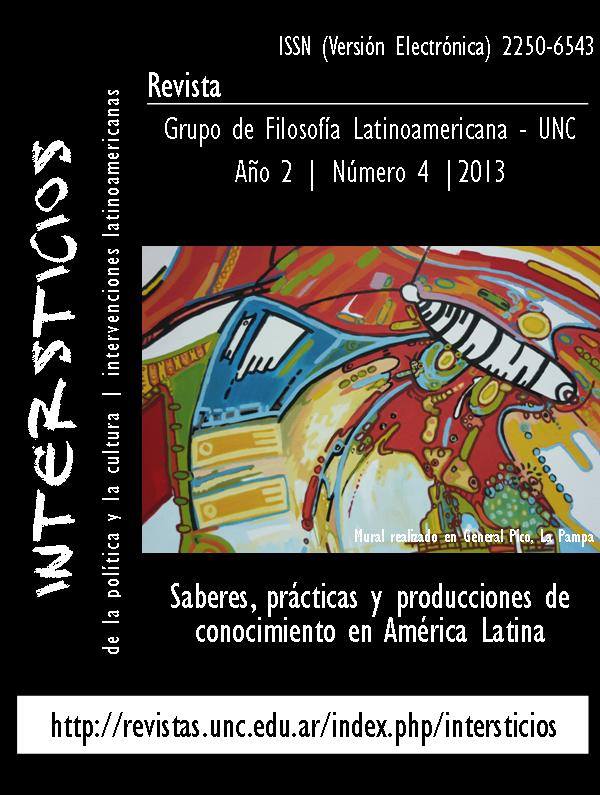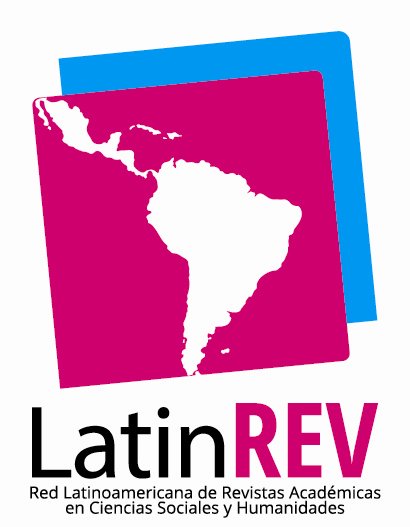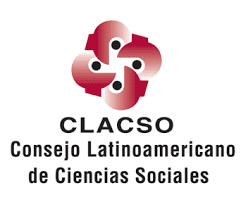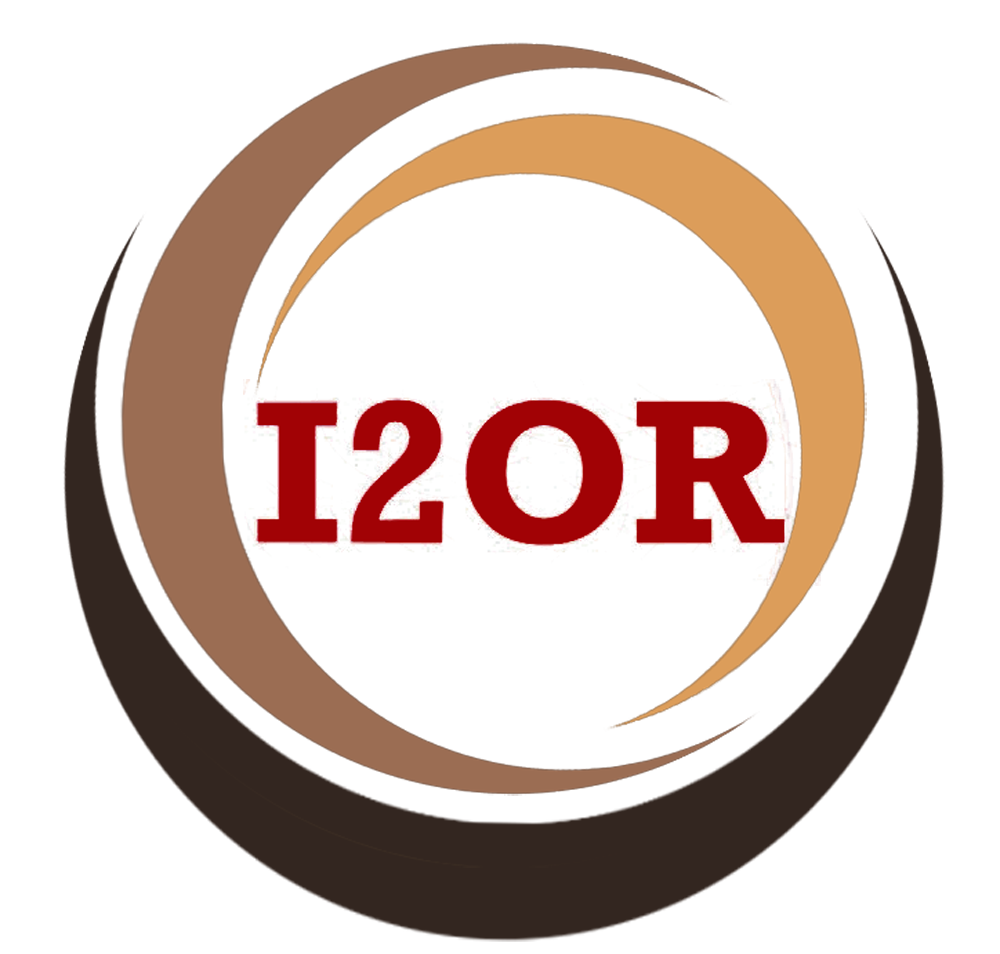TEOLOGÍA PROFANA Y ÉTICA DEL SUJETO EN FRANZ HINKELAMMERT
Resumen
Resumen
Por lo menos desde 1977, año en que publicó Las armas ideológicas de la muerte (San José, Educa), que recoge parte de sus reflexiones chilenas, Hinkelammert se interesa por la relectura del “fetichismo de la mercancía”. Para él lo que Marx pone a la luz a partir de su análisis es que, en el marco de las relaciones contractuales, sucede una inversión de la relación entre los seres humanos y los productos de su trabajo social: lo humano-concreto (el sujeto vivo, corporal y necesitado) queda invisibilizado y subsumido por lo abstracto (la institución mercado). En adelante el mercado decidirá sobre la vida y la muerte de los seres humanos y de la naturaleza, según criterios formal-instrumentales.
Para Hinkelammert esto evidencia que la sociedad capitalista genera un mundo espiritual habitado por seres abstractos y poderosos, dioses de una extraña religión profana, que gobiernan la vida humana; en ese reino celestial el mercado es la divinidad suprema. Lo que llamamos “secularización” de las sociedades modernas no equivale, entonces, al desplazamiento de la religiosidad humana por el predominio de la razón, sino a la suplantación de los dioses trascendentes de las sociedades pre-modernas por otros inmanentes y seculares. Ese mecanismo es analizado años después por Hinkelammert en diversos espacios de la creatividad humana, de los cuales en esta conferencia se analizan dos: las representaciones de mecanismos perfectos en las ciencias modernas y las utopías en el pensamiento político occidental. Hinkelammert demuestra los peligros inherentes a estos instrumentos abstractos ?desarrollados por el ser humano para desplegar todas sus potencialidades y alcanzar formas más plenas y dignas de organización social?, que tienen lugar si se olvida su papel subsidiario respecto de la reproducción de la vida de todos y todas, incluida la naturaleza.
Probablemente nunca los seres humanos dejarán de arrodillarse ante los productos de su imaginación, ya sea que estén revestidos de carácter trascendente o inmanente. Pero lo verdaderamente importante no es dejar de proyectar estos fantasmas, sino afirmar frente a todos ellos, siempre, la anterioridad y primacía del ser humano como sujeto vivo, corporal, natural y social, en definitiva, necesitado de los otros y de la naturaleza.
Palabras Claves: Secularización, divinidades profanas, fetichismo, mecanismos de funcionamiento perfecto, utopías.
Abstract
At least since 1977, when he published “The Ideological Weapons Of Death: A Theological Critique Of Capitalism” (San Jose, Educa), which includes part of his Chilean reflections, Hinkelammert was interested in reinterpretation of "commodity? fetishism." For him, what Marx do from his analysis is that , in the context of contractual relations, it happens an inversion of relationship between human beings and the products of their social work: the human - specific (the subject live , body and needy ) is invisible and subsumed by the abstract ( the institution market). Thereafter the market will decide about life and death of human beings and nature, according to formal-instrumentals criteria.
For Hinkelammert this demonstrate that the capitalist society generates a spirit world lived by abstract and powerful beings, gods of a strange profane religion, that govern the human life; in that celestial kingdom the market is the supreme divinity. What we call "secularization" of the modern societies is not equivalent, then, of the displacement of human religiosity by the predominance of the reason, but it is equivalent to the impersonation of transcendent gods of the other pre- modern immanent and secular societies. This mechanism is analyzed years later by Hinkelammert in diverse areas of human creativity, of which in this conference two are discussed: the representations of perfect mechanisms in modern science and utopias in Western political thought. Hinkelammert demonstrates the dangers inherent in these instruments abstract - developed by the human to deploy all his potentials and reach fuller and worthy forms of social organization, which happen if the subsidiary role forgets about the life reproduction of all, including nature.
Humans probably will never stop kneeling before the products of their imagination, whether they are covered with transcendent or immanent character. But the important thing is not to stop projecting these ghosts, but affirm against all of them, always, the precedence and primacy of the human being as a living, physical, natural and social subject , needed from others and from the nature.
Keywords: Secularization, profane deities, fetish, perfect operation mechanisms, utopias.
Descargas
Descargas
Publicado
Cómo citar
Número
Sección
Licencia
Aquellos autores/as que tengan publicaciones con esta revista, aceptan los términos siguientes:- Los autores/as conservarán sus derechos de autor y garantizarán a la revista el derecho de primera publicación de su obra, el cuál estará simultáneamente sujeto a la Licencia de reconocimiento de Creative Commons que permite a terceros compartir la obra siempre que se indique su autor y su primera publicación esta revista.
- Los autores/as podrán adoptar otros acuerdos de licencia no exclusiva de distribución de la versión de la obra publicada (p. ej.: depositarla en un archivo telemático institucional o publicarla en un volumen monográfico) siempre que se indique la publicación inicial en esta revista.
- Se permite y recomienda a los autores/as difundir su obra a través de Internet (p. ej.: en archivos telemáticos institucionales o en su página web) después del proceso de publicación, lo cual puede producir intercambios interesantes y aumentar las citas de la obra publicada. (Véase El efecto del acceso abierto).










